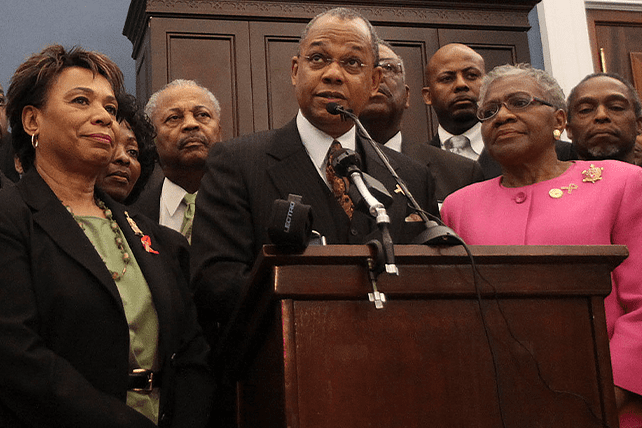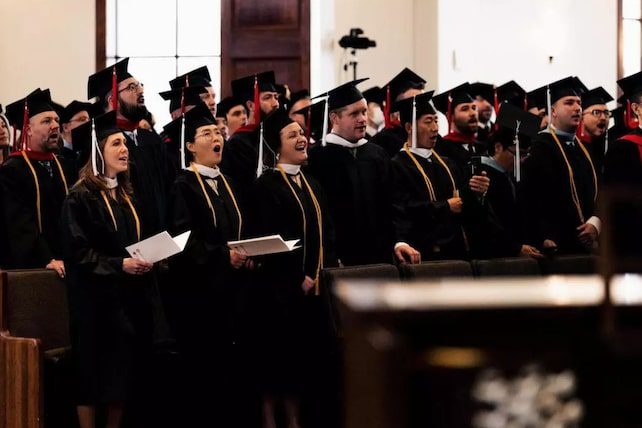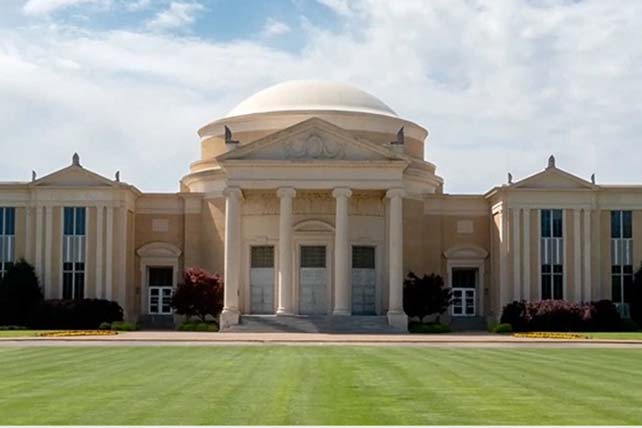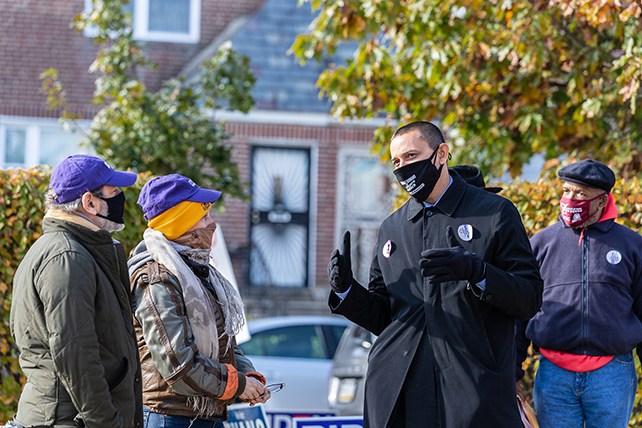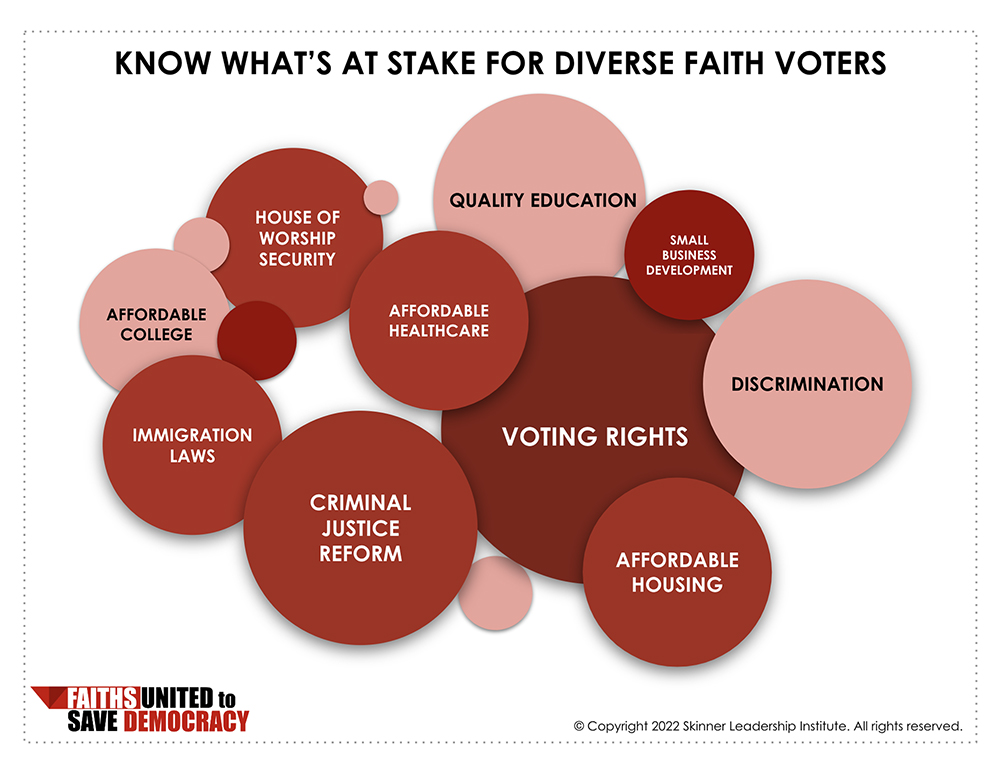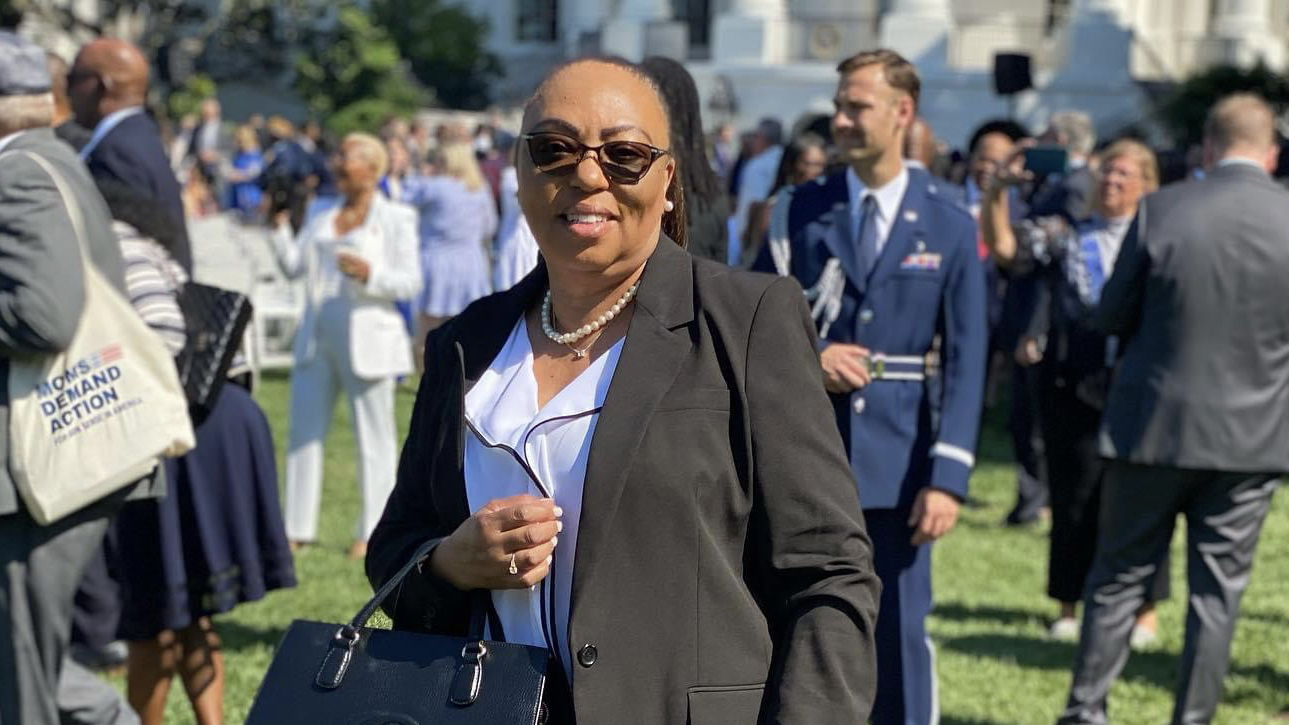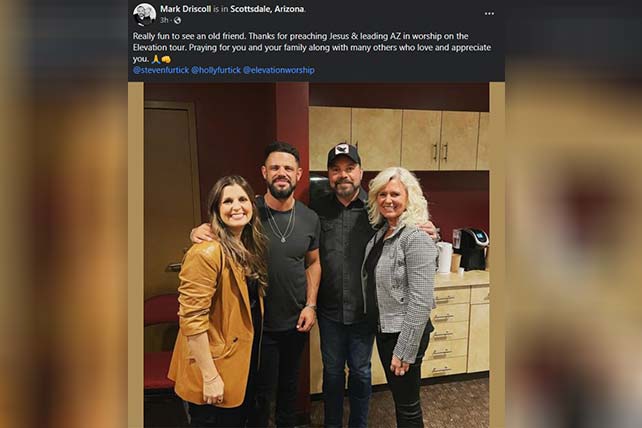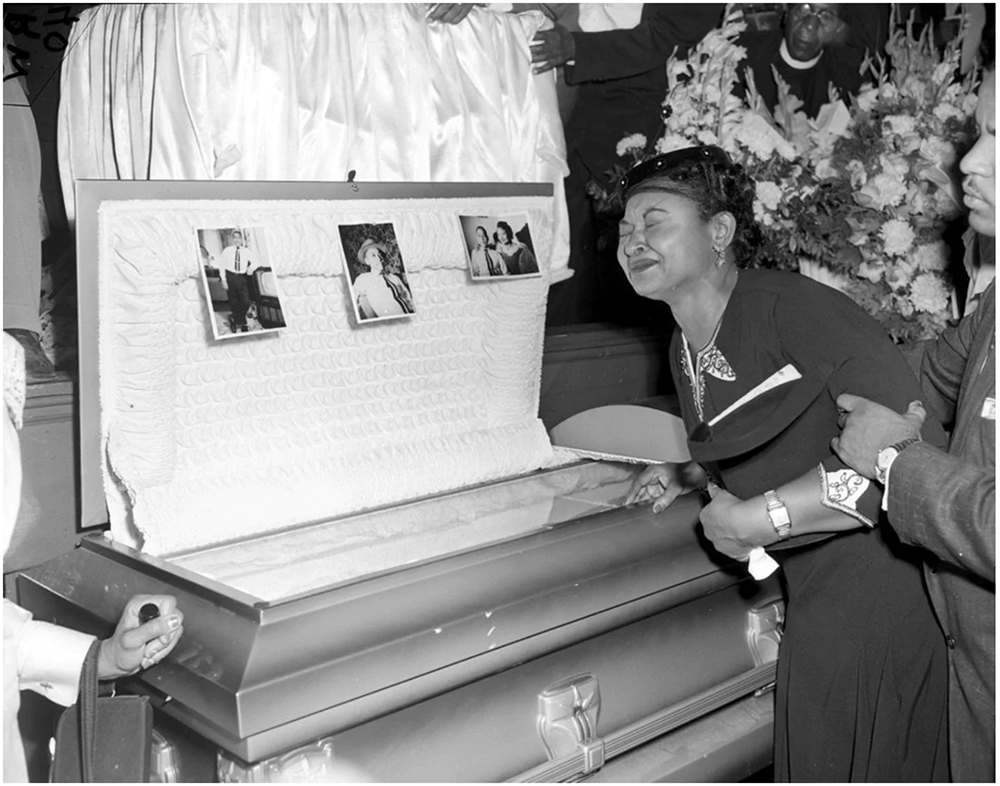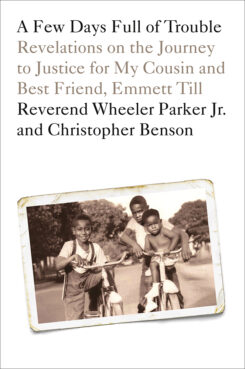Debate about the role of women in pastoral leadership continues to swirl in the Southern Baptist Convention, as the denomination’s largest church has newly installed a woman as a teaching pastor.
This controversy has increased the vigor of many SBC pastors to make institutional changes that would combat such a trend, more than 700 of whom have signed an open letter to the denomination’s Executive Committee asking for a resolution that would disallow women from holding the title of pastor, even for positions overseeing youth or children, in any SBC church.
Saddleback Church, located in Orange County, California, has been the subject of denominational conversation with regard to this issue for some time, starting when the church ordained three female members of its staff to the title of pastor in May 2021.
While the Baptist Faith & Message, which serves as the statement of faith for the SBC, states that “the office of pastor is limited to men as qualified by Scripture,” considerable disagreement exists within the denomination as to whether “the office of pastor” is meant to describe only a lead pastor, or if women are disallowed from holding the title of “pastor” while serving in other various pastoral roles on a church staff.
As a result, Saddleback’s status as an SBC church was placed before the denomination’s Credentials Committee at the SBC annual meeting in June 2021.
At the following annual meeting this past June, the committee reported that it had “found little information evidencing the Convention’s beliefs regarding the use of the ‘title of pastor’ for staff positions with different responsibility and authority than that of the lead pastor,” and recommended that a study committee be formed to gain clarity on the matter.
After some spirited debate and a personal address given on the convention floor by Rick Warren, then still lead pastor of Saddleback, the committee rescinded their recommendation to form a study committee, and discussion about Saddleback’s status as an SBC church was tabled.
In the months following this year’s annual meeting, Rick Warren retired as lead pastor of Saddleback Church, and his successor, Andy Wood, was installed. Wood’s wife, Stacie, has also come onto the Saddleback staff, serving as a teaching pastor.
Stacie delivered her first sermon at Saddleback, titled “The Courage to Slow Down” on the weekend of Oct. 8-9.
Earlier this week, Wood expressed to the Associated Press that he did not see a conflict between SBC values and beliefs and a woman holding a teaching role as pastor on Saddleback’s staff.
Wood has also clarified that Stacie is not his co-pastor, but one of the many pastors who serves on staff under his leadership as lead pastor of the megachurch.
“The church should be a place where both men and women can exercise those spiritual gifts,” Wood said. “My wife has the spiritual gift of teaching and she is really good. People often tell me she’s better than me when it comes to preaching, and I’m really glad to hear that.”


